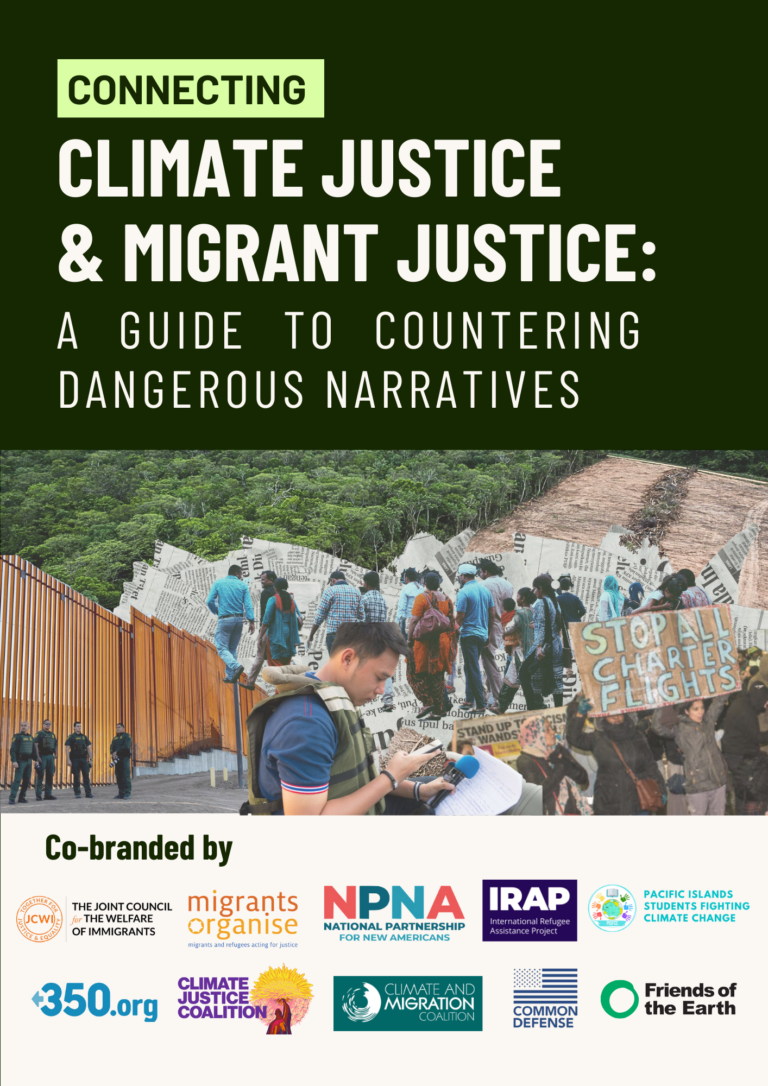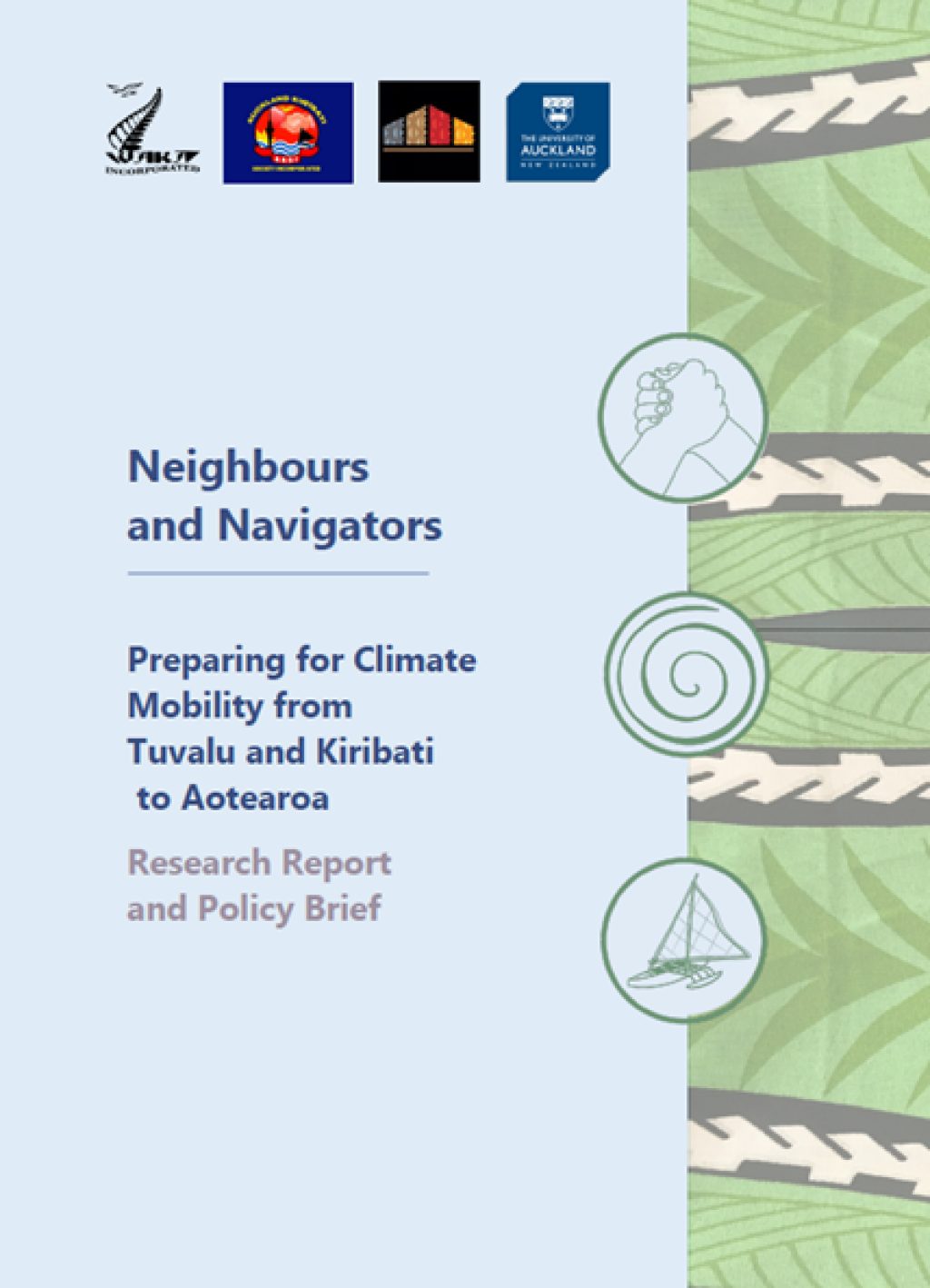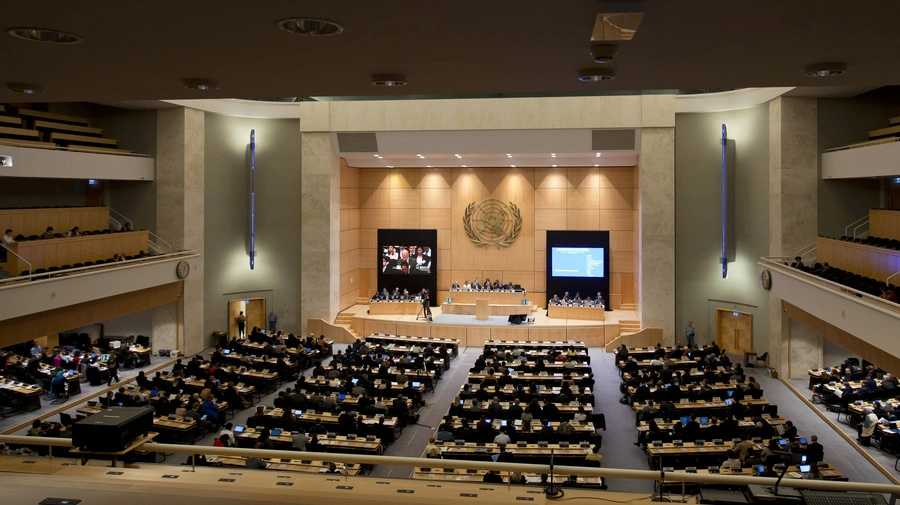This is a round-up of open access materials produced by authors based in the Global South (GS) and other geographic areas that are less well-represented in the domain of scholarly forced migration literature. Generally, articles are included if either the lead author or at least half of the co-authors are based in the GS. These references are organized by type of open access. The OA items herein were previously referenced on this blog as of 1 October 2023.
Diamond OA:
"Are They Victims of COVID-19? The Livelihood and Quandaries of Sex Workers in the New Kuchingoro Camp for Internally Displaced People in Abuja, Nigeria," Anti-Trafficking Review, no. 21 (2023)
- Author = South Africa
"Financial Inclusion and Refugees’ Self-reliance: An Assessment for Women’s Economic Empowerment at Nakivale Refugee Settlement, Southwestern Uganda," Kabale University Interdisciplinary Research Journal, vol. 2, no. 2 (2023)
- Authors (2) = Uganda
"The Potential of Games for Vulnerable Groups Like Refugees: A Scoping Review," Revista da Escola de Enfermagem da USP, vol. 57, Spec. issue (2023)
- Authors (7) = Portugal (3, incl. lead), Brazil (4)
"Practices of Portuguese Language Educators for Refugees," Ensino em Re-Vista, vol. 30 (2023)
- Authors (2) = Brazil
"El principio de no devolución: sus propiedades y la nueva categoría de expulsión impropia en la jurisprudencia ecuatoriana," USFQ Law Review, vol. 10, no. 1 (2023)
- Author = Ecuador
"Refugees and Access to Employment in Brazil: Implications for Health and Sociability," Revista da Escola de Enfermagem da USP, vol. 57, Spec. issue (2023)
- Authors (4) = Brazil
"Social Cohesion and Reconciliation Between the Rohingya and Host Communities in Cox's Bazar, Bangladesh," Southeast Asia: A Multidisciplinary Journal, EarlyCite, 3 Oct. 2023
- Authors (8) = Bangladesh (6, incl. lead), Germany (1), Italy (1)
Gold OA:
Note: Article processing charges (APCs) and other fees are indicated below; waivers are generally offered by gold OA journals but the waiver status of the authors listed below is unknown.
"COVID-19 Booster Prioritization in the West Bank: A Survey Experiment among Bedouins, Refugees, and the Majority Group," Frontiers in Public Health, 4 Oct. 2023
- Authors (2) = Ireland/Germany (lead), Palestine
- APC = USD 2095
"Examining Livelihood Strategies of Urban Refugees through Sustainable Livelihoods Perspective: A Focus on Eritrean and Somali Refugees in Addis Ababa," Cogent Social Sciences, vol. 9, no. 2 (2023)
- Authors (3) = Ethiopia/Djibouti (lead), Ethiopia (2)
- APC = USD 1680
"Understanding Multilevel Barriers to Childhood Vaccination Uptake among Internally Displaced Populations (IDPs) in Mogadishu, Somalia: A Qualitative Study," BMC Public Health, 23: 2018 (Oct. 2023)
- Authors (8) = UK (4, incl. lead), Somalia (4)
- APC = USD 3090
Green OA:
Note: Authors can now deposit their postprints in the Forced Migration Research Archive (FMRA)! The submission form and guidelines are available on FMRA's website.
Hybrid OA:
Note: Article processing charges (APCs) are indicated below; waivers are not available for hybrid OA APCs.
"Considerations for a New Research Agenda on Migration and Refugee Studies: Lessons from Studying Migration and Foreign Policies in Mexico," Journal of Immigrant & Refugee Studies, Latest Articles, 6 Oct. 2023
- Authors (9) = Mexico
- APC = USD 3175
"Has Immobility Been Left Behind in Migration Regulatory Infrastructures?," International Migration, Early View, 25 Sept. 2023
- Authors (3) = Kyrgyzstan (lead), UK (1), Kyrgyzstan/Philippines (1)
- APC = USD 3400
Books/book chapters:
"Capturing Irregular Migrations Through a Macro-sociological Lens: The Harga Process in Twelve Steps from North Africa to Europe," Chapter in Migrations in the Mediterranean: IMISCOE Regional Reader (Springer, Oct. 2023)
- Authors (2) = Algeria
"Childhood Construction: Intergenerational Relations in the Afghan Refugee Community Living in Pakistan," Chapter in The Emerald Handbook of Childhood and Youth in Asian Societies (Emerald Publishing, Sept. 2023)
- Author = Pakistan
"The Continued Venezuelan Exodus," Chapter in Moving Towards Europe: Diverse Trajectories and Multidimensional Drivers of Migration across the Mediterranean and the Atlantic (Peter Lang, 2023)
- Scroll to p. 287.
- Authors (2) = Netherlands (lead), Mexico
"Increasingly Exacerbated Crises in Honduras," Chapter in Moving Towards Europe: Diverse Trajectories and Multidimensional Drivers of Migration across the Mediterranean and the Atlantic (Peter Lang, 2023)
- Scroll to p. 261.
- Authors (2) = Netherlands (lead), Mexico
"Media, Public Opinion and Migration Policies in Euro-Mediterranean Countries: The Case of France," Chapter in Migrations in the Mediterranean: IMISCOE Regional Reader (Springer, Oct. 2023)
- Author = Egypt
"Migrants and Refugees in the Mediterranean Cities: Reception, Regulation and Actors – Tunisia a Case Study," Chapter in Migrations in the Mediterranean: IMISCOE Regional Reader (Springer, Oct. 2023)
- Author = Tunisia
Migrations in the Mediterranean: IMISCOE Regional Reader (Springer, Oct. 2023)
- Editors (2) = Spain, Egypt
"Mobilities Among Marginalized Youth in Morocco: Precariousness, Agency and Networks," Chapter in Migrations in the Mediterranean: IMISCOE Regional Reader (Springer, Oct. 2023)
- Authors (3) = Morocco (2, incl. lead), Spain
"The Political Economy of Egyptian Migration to Europe in the 2020s," Chapter in Migrations in the Mediterranean: IMISCOE Regional Reader (Springer, Oct. 2023)
- Author = Egypt
"Transnational Migrant Entrepreneurship Policies in the Maghreb Countries: Tunisia, Algeria, and Morocco," Chapter in Migrations in the Mediterranean: IMISCOE Regional Reader (Springer, Oct. 2023)
- Authors (2) = Algeria (lead), Spain
Periodical issues:
Anti-Trafficking Review, no. 21 (2023)
- Special issue on "COVID-19: Labour, Migration, and Exploitation." Published by the Global Alliance Against Traffic in Women (GAATW), based in Thailand.
Revista da Escola de Enfermagem da USP, vol. 57, Spec. issue (2023)
- Special issue on refugees and immigrants, with articles in English and Portuguese. Published by the University of São Paulo, Brazil
Related post:


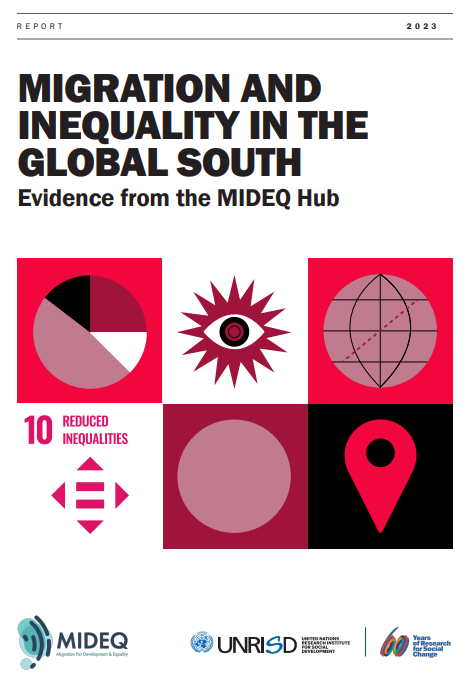
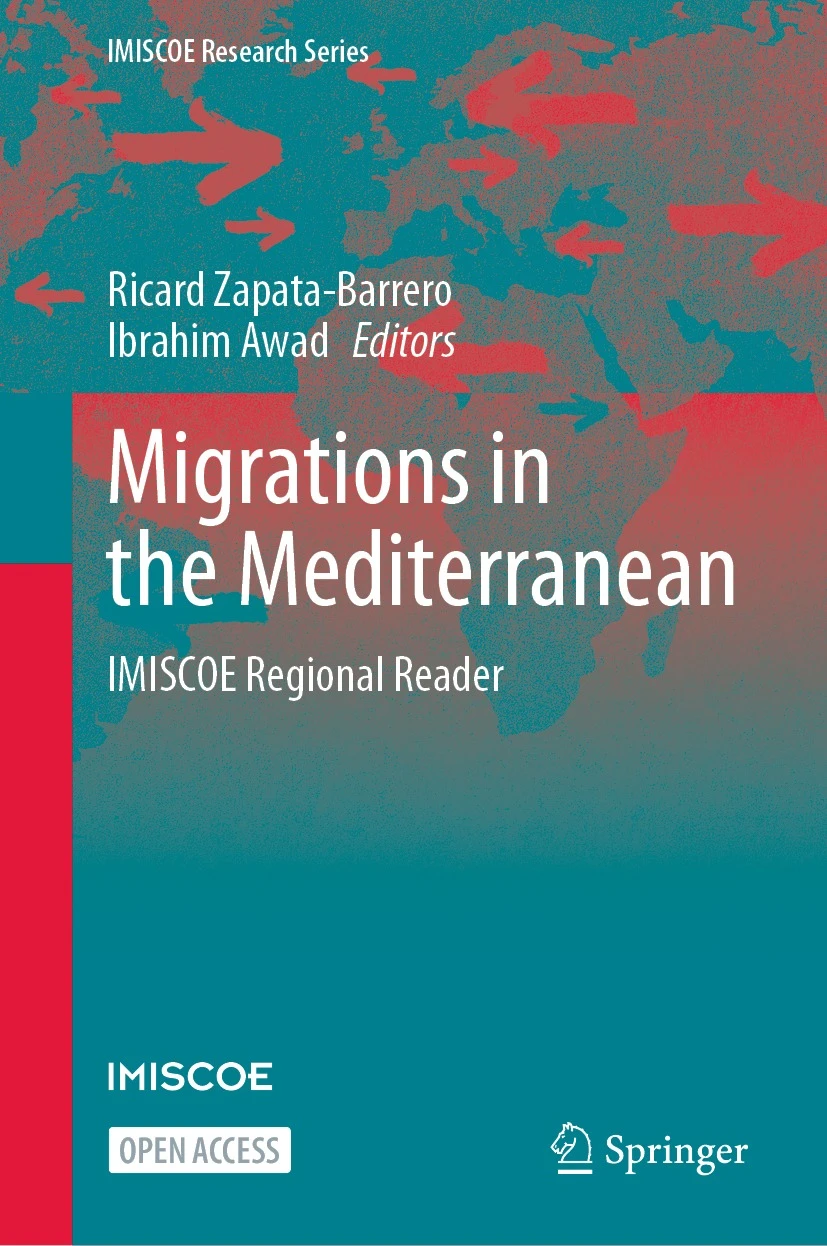
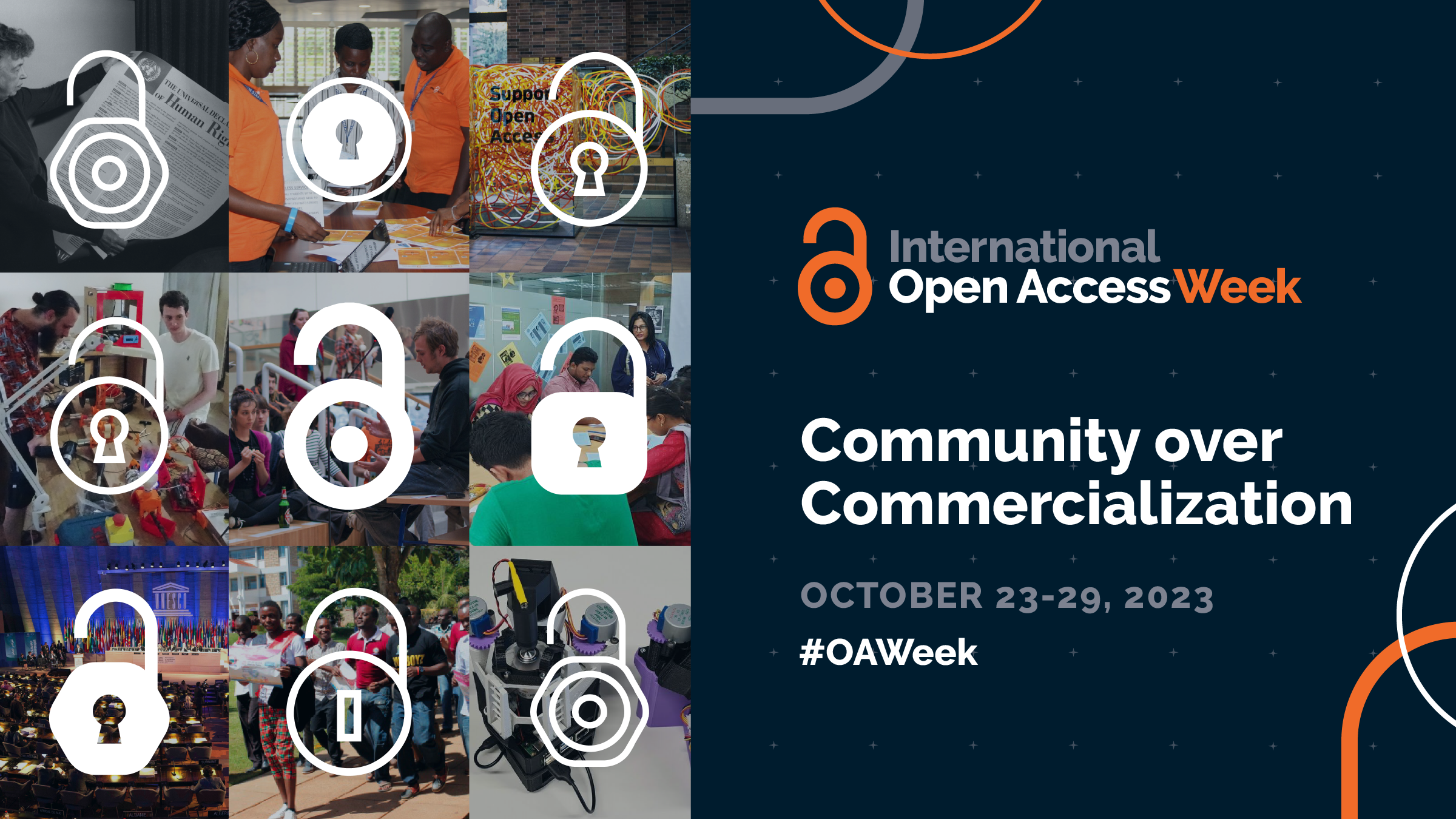.png?format=1500w)







